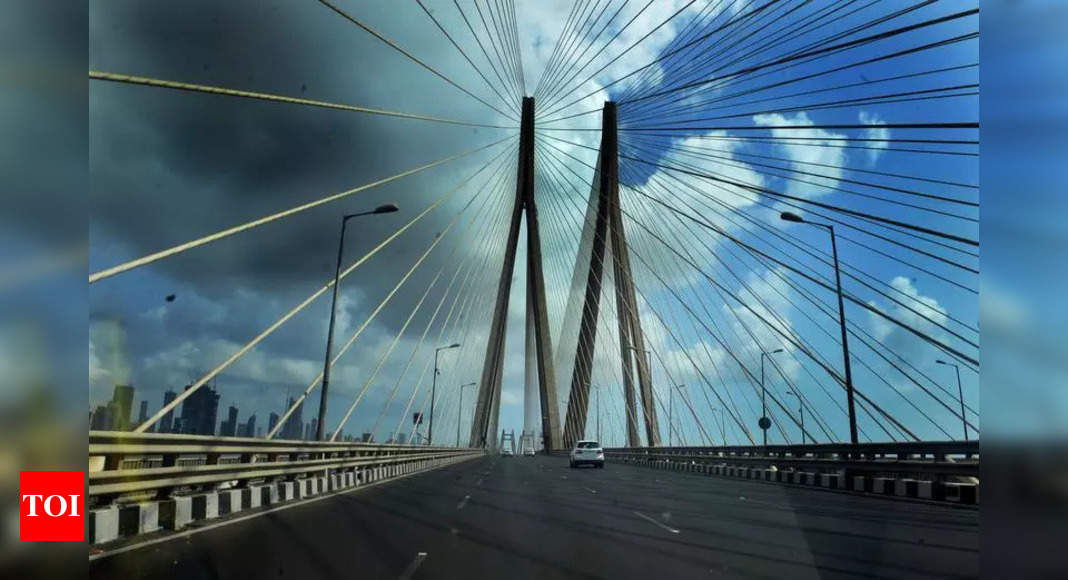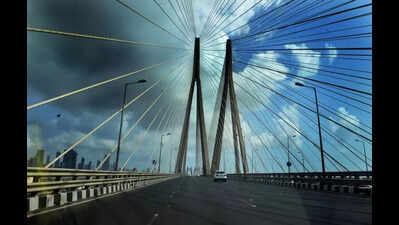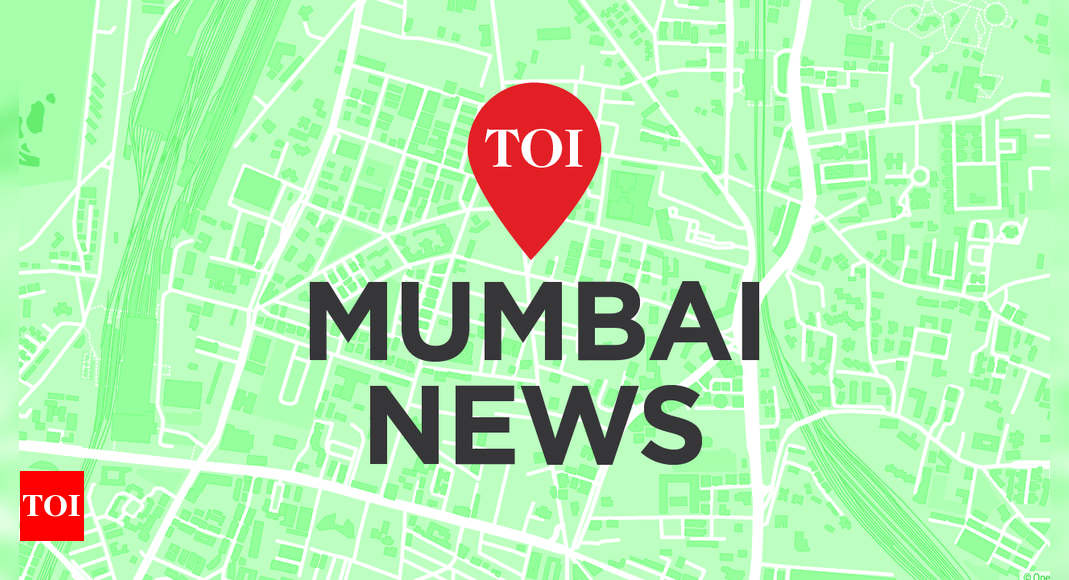Mumbai: On April 1, the first day of compulsory double toll for motorists driving without valid or operational FASTag or E-Tag on the Mumbai-Pune Expressway, Bandra-Worli Sea Link and Mumbai-Nagpur Samruddhi Super-Expressway went off without much hassle.
The one-way toll on BWSL for a car or SUV is Rs 100, on the Pune Expressway it is Rs 320, and on Samruddhi Super-Expressway Rs 1,450. In case of an invalid FASTag or E-Tag, motorists will have to pay double the respective toll amount— Rs 200, Rs 640 and Rs 2,900.
Officials said while largely there was no ruckus on Tuesday, some motorists did not know about the compulsory double toll and had to pay it in the absence of a valid—not loaded with money—FASTag.
MSRDC had already publicised this decision through an advertisement. The PWD department had formalised this decision on Feb 18 following directives from NHAI which has taken similar policy decisions nationally, being the transport authority at the centre.
“Any vehicle utilising cash, credit or debit card, QR code, smart card or any payment mode other than FasTag or E-Tag will be liable to pay double the toll amount,” stated the advertisement that was published a couple of weeks ago.
Activists have opposed the decision, though, deeming it authoritarian, saying rural and out-of-state drivers predominantly carry cash. They are advocating for at least two lanes at toll booths to be allocated for such vehicles.
Sources in the administration maintained that these vehicles impede the movement of FASTag or E-Tag holders, infringing upon their right to swift passage through the booth. They emphasised that this measure aims to reduce congestion and pollution at these booths situated on Expressways and the sea link, besides save fuel.
Meanwhile, MTHL or Atal Setu will not charge double toll in order to encourage more vehicles. The decision is reported to have been taken to avoid a heavy toll burden as MTHL charges Rs 250 one way and Rs 375 two ways on the same day. Atal Setu records average daily traffic of around 25,000-27,000 vehicles, significantly lower than the initial projection of 56,000.
Mumbai: On April 1, the first day of compulsory double toll for motorists driving without valid or operational FASTag or E-Tag on the Mumbai-Pune Expressway, Bandra-Worli Sea Link and Mumbai-Nagpur Samruddhi Super-Expressway went off without much hassle.
The one-way toll on BWSL for a car or SUV is Rs 100, on the Pune Expressway it is Rs 320, and on Samruddhi Super-Expressway Rs 1,450. In case of an invalid FASTag or E-Tag, motorists will have to pay double the respective toll amount— Rs 200, Rs 640 and Rs 2,900.
Officials said while largely there was no ruckus on Tuesday, some motorists did not know about the compulsory double toll and had to pay it in the absence of a valid—not loaded with money—FASTag.
MSRDC had already publicised this decision through an advertisement. The PWD department had formalised this decision on Feb 18 following directives from NHAI which has taken similar policy decisions nationally, being the transport authority at the centre.
“Any vehicle utilising cash, credit or debit card, QR code, smart card or any payment mode other than FasTag or E-Tag will be liable to pay double the toll amount,” stated the advertisement that was published a couple of weeks ago.
Activists have opposed the decision, though, deeming it authoritarian, saying rural and out-of-state drivers predominantly carry cash. They are advocating for at least two lanes at toll booths to be allocated for such vehicles.
Sources in the administration maintained that these vehicles impede the movement of FASTag or E-Tag holders, infringing upon their right to swift passage through the booth. They emphasised that this measure aims to reduce congestion and pollution at these booths situated on Expressways and the sea link, besides save fuel.
Meanwhile, MTHL or Atal Setu will not charge double toll in order to encourage more vehicles. The decision is reported to have been taken to avoid a heavy toll burden as MTHL charges Rs 250 one way and Rs 375 two ways on the same day. Atal Setu records average daily traffic of around 25,000-27,000 vehicles, significantly lower than the initial projection of 56,000.











